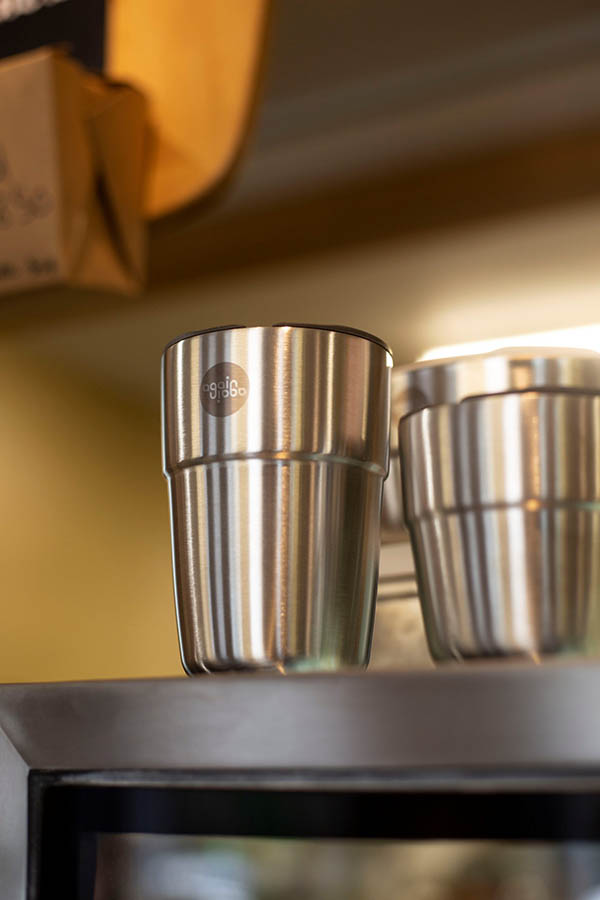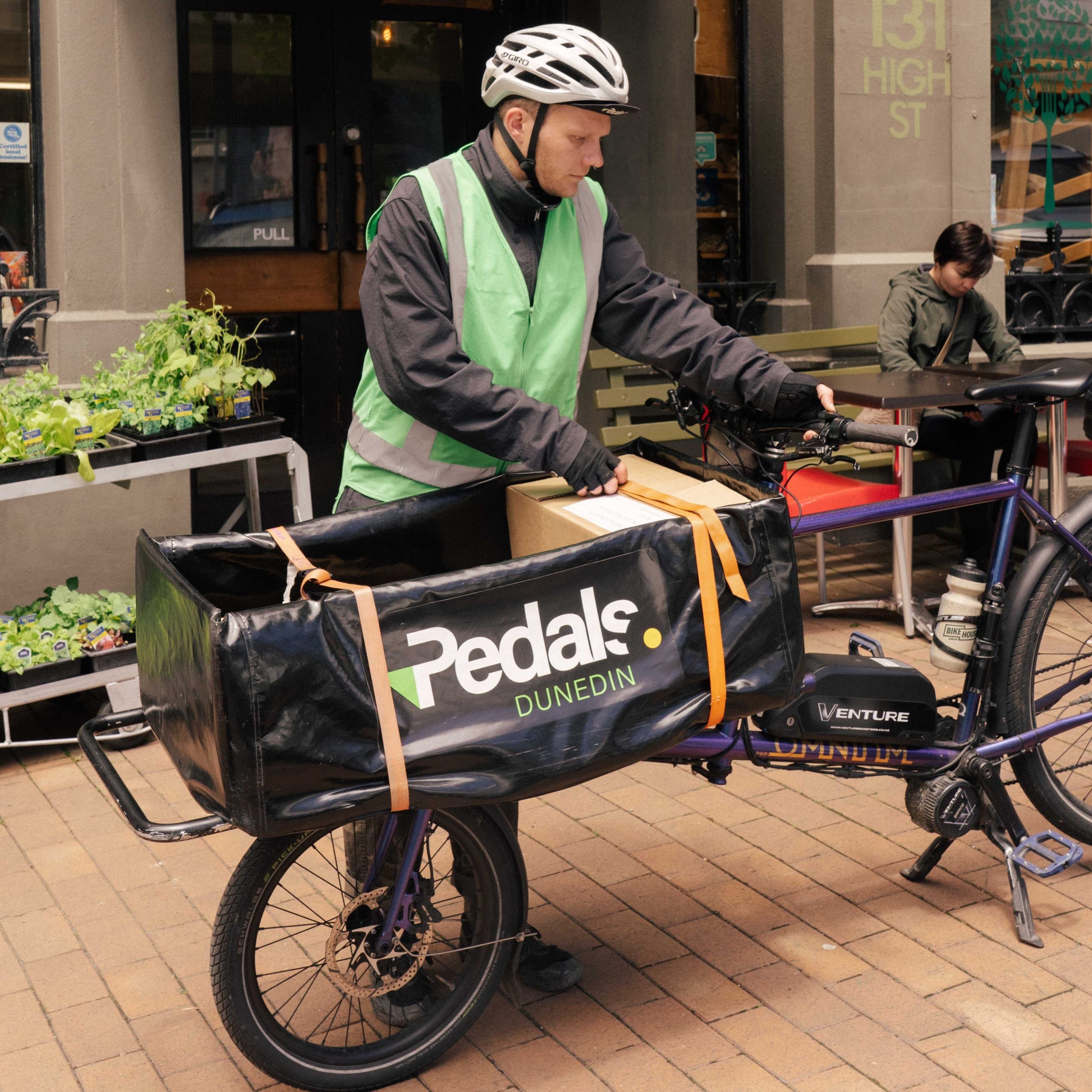TASTE NATURE ORGANICS
LOCAL – SUSTAINABLE – ETHICAL
We believe our food, our health and our planet are all interconnected.
We live in a time where most of us over-consume and look at price first and social/environmental impact second. In response to this, our business model supports Conscious Consumerism, making it easier for our customers to make better choices when shopping and living day to day.
Becoming a conscious consumer at Taste Nature
1. Think about what you are buying
Every product we purchase has an environmental footprint, from the materials used to create it to the pollution emitted during manufacturing to the packaging that ends up in the landfills. Even if you can recycle or compost a product at the end of its life, the upstream damage has already been done.
2. Ditch plastic and switch to reuse
Plastic never goes away. At least 14 million tons of it ends up in the ocean annually. Ditch packaged products wherever possible and go for REFILL. We have several initiatives in store, including our Bring a Jar campaign, TetraPak Returns, and AgainAgain reusable containers for cafe food and coffees. Bring your container, save on price and save on the planet!
3. Choose organic to reduce your exposure to chemicals
There is a global shift to organics and having no chemicals in your food or the products that you put on your skin. There is a new medical data emerging on the effects chemicals have in the food supply chain and skin products that are connected to illness and disease, even some cancers. We source a wide range of organic and non-GMO foods, natural body products and chemical free household consumable products.
4. True Cost of Food Production
The predominant approaches to food production, distribution, retailing and consumption are causing significant damage to the environment, to soil, to the climate, to biodiversity, to rural communities and to public health. We are either paying for this damage in hidden ways, for instance through water quality, the alarming contamination of our waterways, taxes which fund misdirected agricultural subsidies and environmental clean up costs, including many of those relating to flooding. We are also paying the costs of diet-related disease. These costs are often deferred on to future generations or other countries, as is currently the case with climate change and soil degradation, rainforest destruction and species extinction. So although food appears never to have been cheaper, when we look beneath the surface, we are actually paying far more for it than we might possibly imagine.
WASTE MINIMISATION & THE RE-USE REVOLUTION
Every unit of material sent to waste carries a disposal cost. However the true cost of waste is more than just the cost of disposal. It also includes the additional cost of raw materials, energy and labour involved in making the product in the first place. This can be 5–20 times higher than the cost of disposal. New Zealanders dispose of an estimated 2.46 million tonnes of waste to landfills each year (Ministry for the Environment 2011). Plastic waste represents an estimated 8% by weight of landfill. This means approximately 200,000 tonnes of plastic ends up in our landfills each year of which roughly half is packaging*.
There’s no future in single-use; and that includes single-use takeaway containers and packaging. We have to find a better alternative that protects our planet’s natural reserves, minimises emissions and resource use, and connects communities. Reuse is the way forward, and single use packaging and takeaway containers is the perfect place to start! Compostable or biodegrable products are a starting point but they cannot be the solution. They still encourage single-use waste and involve a complex process of producing, transporting and disposing. Our Reuse Revolution goal is to reduce the amount of single-use containers, both recyclable and compostable, that go into landfill.
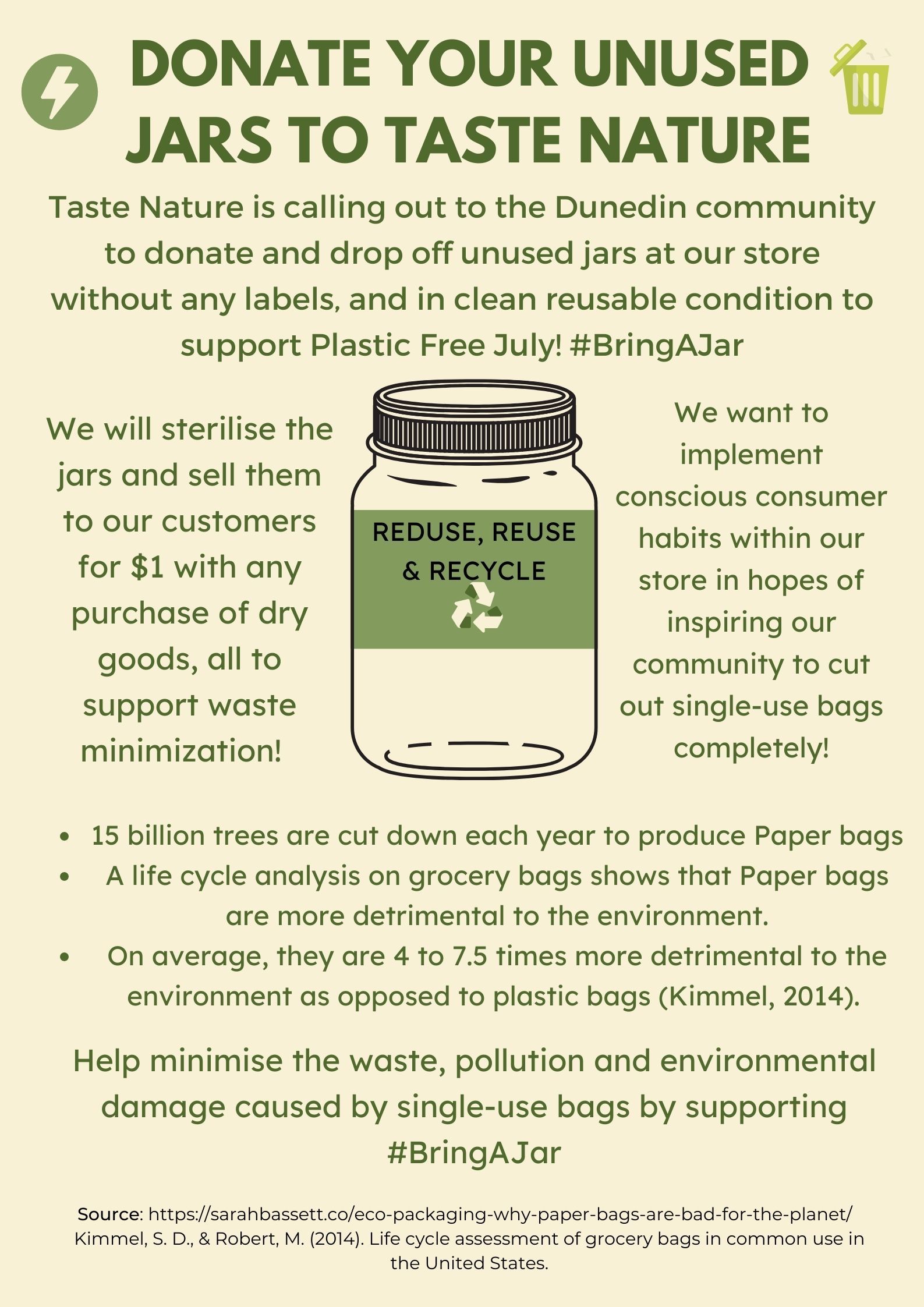
#BringAJar Campaign
Taste Nature is calling out to the Dunedin community to donate and drop off unused jars at our store without any labels, and in clean reusable condition. Any jars donated to Taste Nature will be sanitised and made available to our customers to refill instead of paper bags.
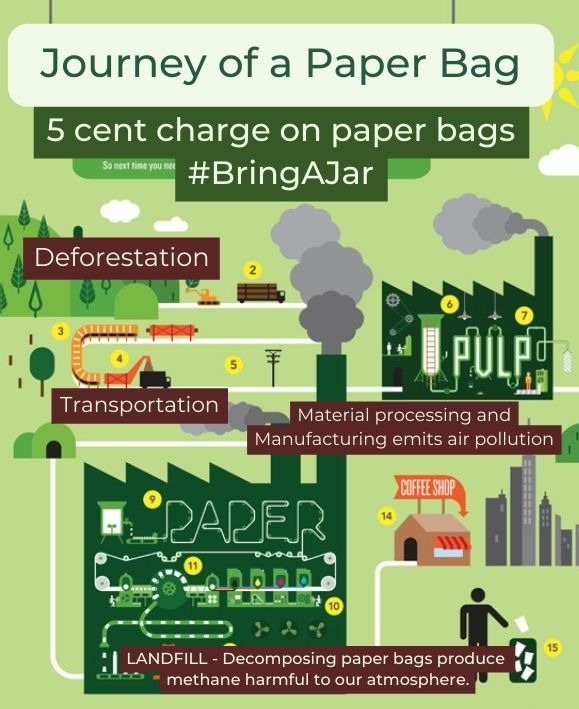
Carbon Footprint & Pollution of a Paper Bag
-
15 billion trees are cut down each year to produce Paper bags
-
A life cycle analysis on grocery bags shows that Paper bags are more detrimental to the environment.
-
On average, they are 4 to 7.5 times more detrimental to the environment as opposed to plastic bags (Kimmel, 2014).
Just because its made of paper and biodegradable, doesn’t make it sustainable or good for the environment.
Help minimise the waste, pollution and environmental damage caused by single-use bags by bringing your own jar, container, or reuse your paper bags!

AgainAgain @ Taste Nature
Early 2023 Taste Nature launched a campaign to support local businesses in Dunedin to move away from single use takeaway drinking cups and containers and move to a robust reusable system. In collaboration with Brian McFarland and AgainAgain, Taste Nature applied for funding through the Dunedin City Council Waste Minimization Fund to provide financial support to local cafes to assist them to take on board the AgainAgain reusable scheme. Our goal is to raise awareness to the business community to take a stand and join the reuse revolution and put an end to single use packaging.
Click on the links below to see our media stories.
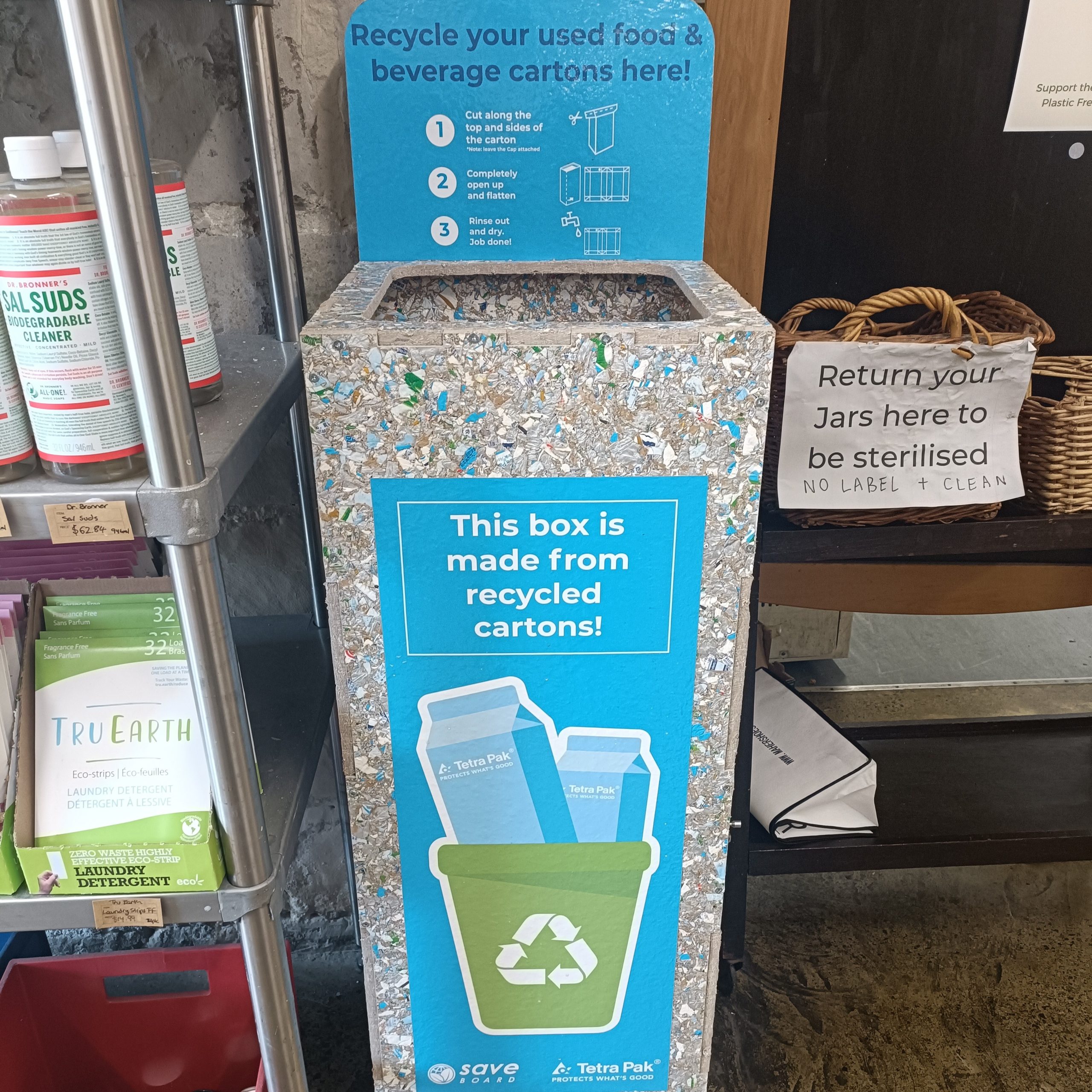
Tetra Pak Returns
Recycled into Plaster Board
Bring in your washed, cleaned and cut open tetra paks to be recycled. Caps can remain on.
GET IN TOUCH
131 High Street, Dunedin
03 474 0219
shop@tastenature.co.nz
OPENING HOURS
Shop & Deli
Mon-Fri: 8-6pm
Sat: 9-4pm
Sun: Closed
Kitchen
Mon-Fri: 8-2pm
Sat: 9-2pm
Sun: Closed
Public Holidays
We are CLOSED on all public holidays.
Espresso Coffee
Mon-Fri: 8-5pm
Sat: 9-3pm
Sun: Closed



